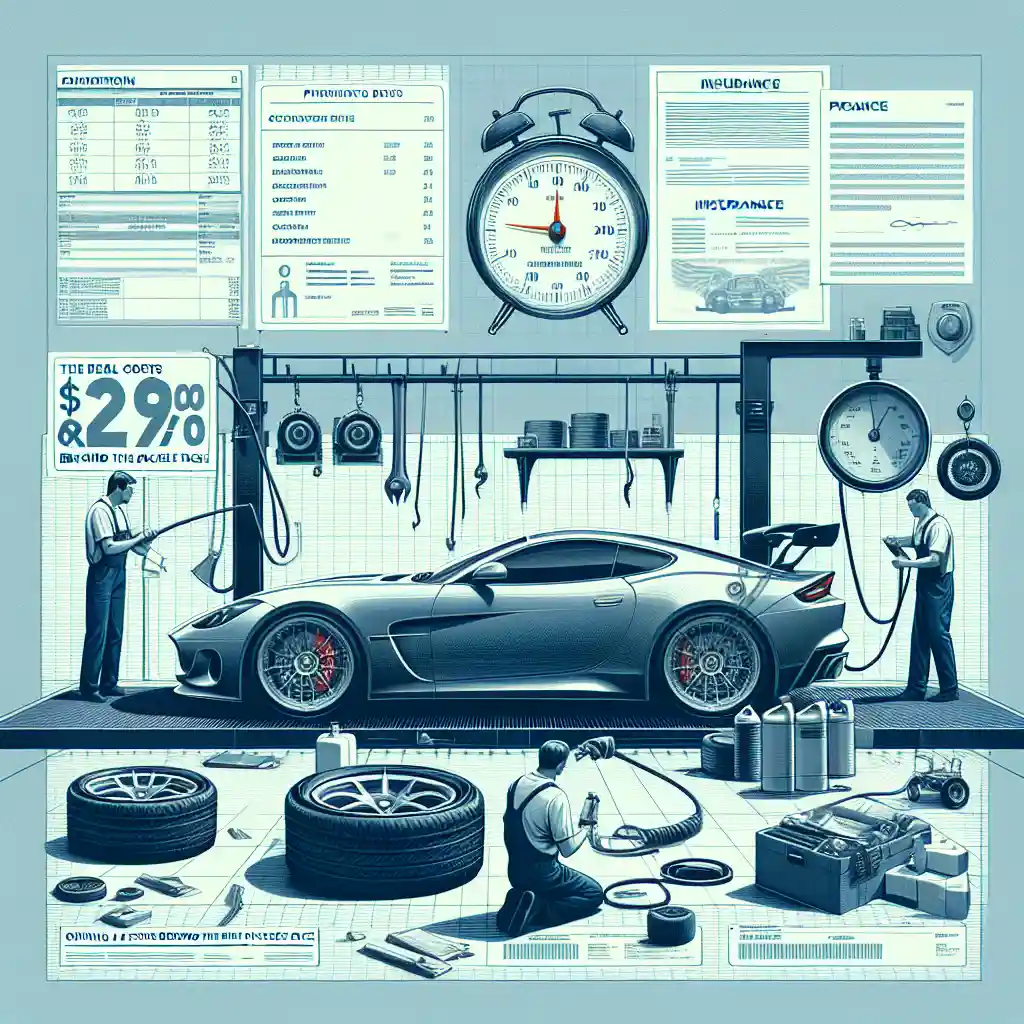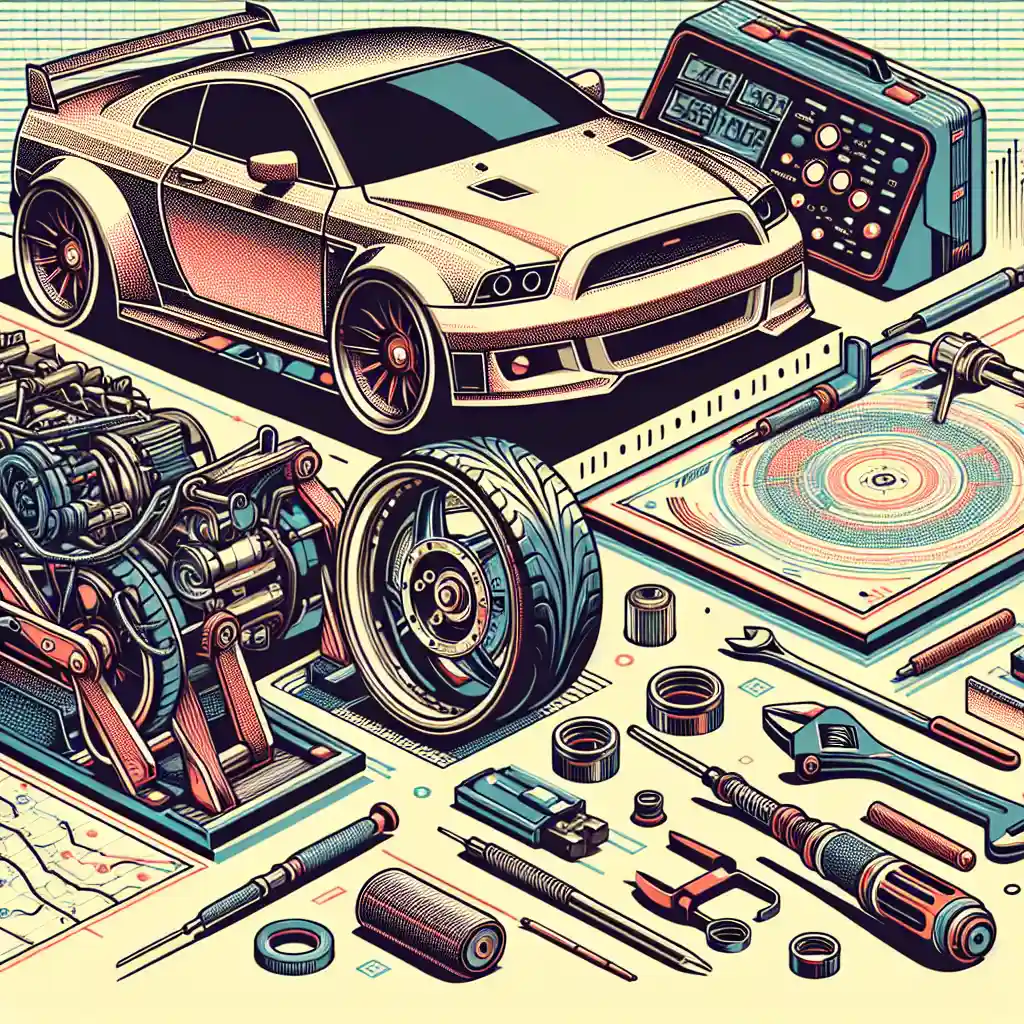Owning a Sports Car: The Real Costs Beyond the Purchase Price
When it comes to owning a sports car, the initial purchase price is just the tip of the iceberg. There are numerous hidden costs and expenses that come with owning a high-performance vehicle. Making sound financial decisions is crucial to ensure that you can truly afford the lifestyle that comes with owning a sports car. In this blog post, we will explore the real costs beyond the purchase price and provide valuable insights for prospective sports car owners.

The True Cost of Maintenance and Repairs
One of the most significant costs of owning a sports car is the maintenance and repairs. Sports cars often require specialized parts and services, which can be quite expensive. Routine maintenance such as oil changes, tire rotations, and brake inspections can add up quickly. In addition, unexpected repairs due to wear and tear or accidents can drain your wallet. It's essential to budget for these ongoing costs to keep your sports car running smoothly.
Insurance Premiums for Sports Cars
Insuring a sports car is typically more costly than insuring a regular vehicle. Sports cars are considered high-risk by insurance companies due to their powerful engines and higher likelihood of accidents. Insurance premiums for sports cars can be significantly higher, especially for younger drivers or those with a history of accidents. Before purchasing a sports car, it's important to obtain insurance quotes to understand the full financial impact of owning such a vehicle.
Fuel Efficiency and Gasoline Expenses
Sports cars are notorious for their poor fuel efficiency, as they are designed for performance rather than fuel economy. Driving a sports car can result in higher gasoline expenses, especially if you have a lead foot. Constantly filling up the gas tank of a sports car can quickly add up and become a substantial monthly expense. Consider the fuel efficiency of a sports car before making a purchase to avoid surprises at the pump.
Depreciation and Resale Value
While sports cars can hold their value well compared to regular vehicles, they still depreciate over time. The initial excitement and demand for a new sports car can fade, leading to a decrease in resale value. Modifications, mileage, and overall condition can also impact the resale value of a sports car. Understanding the depreciation curve of a specific sports car model can help you make informed decisions about ownership and potential resale in the future.
Lifestyle Costs and Customizations
Owning a sports car often goes hand in hand with a certain lifestyle. Customizations such as aftermarket parts, high-performance upgrades, and cosmetic enhancements are common among sports car enthusiasts. These customizations can add up quickly and significantly increase the overall cost of ownership. Additionally, lifestyle costs such as storage, parking, and club memberships should be factored into your budget when owning a sports car.
Financial Planning and Budgeting for Ownership
Before purchasing a sports car, it's crucial to assess your financial situation and create a comprehensive budget that includes all the costs associated with ownership. Consider your income, expenses, and long-term financial goals to determine if owning a sports car aligns with your overall financial plan. Being proactive in financial planning and budgeting can help you avoid financial strain and enjoy the exhilarating experience of owning a sports car responsibly.
Owning a sports car can be a dream come true for many enthusiasts, but it's essential to understand the real costs beyond the purchase price. By considering maintenance, insurance premiums, fuel expenses, depreciation, customizations, and overall financial planning, you can make informed decisions about owning a sports car that fits your budget and lifestyle. Remember, the thrill of owning a sports car should not come at the expense of your financial well-being.













